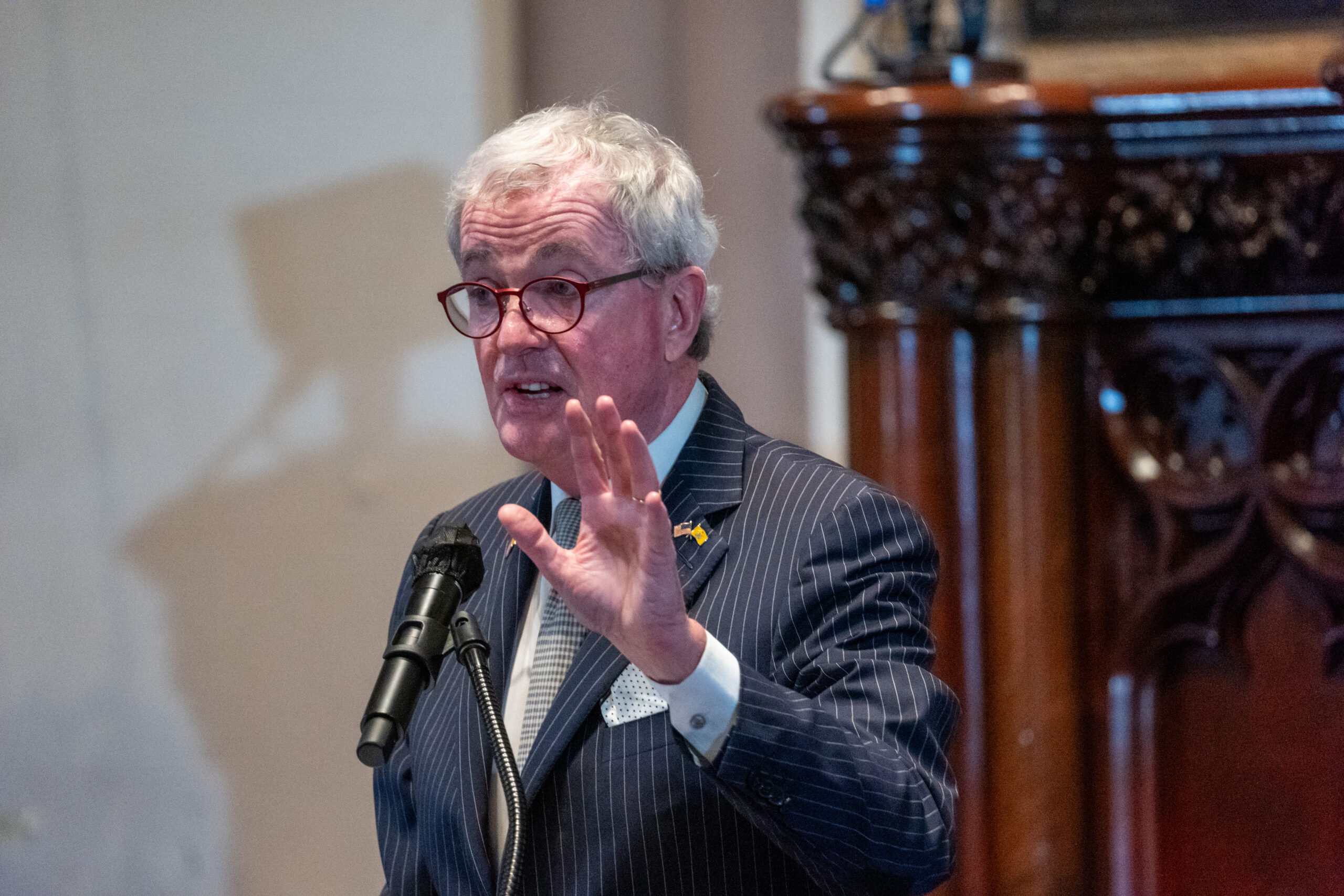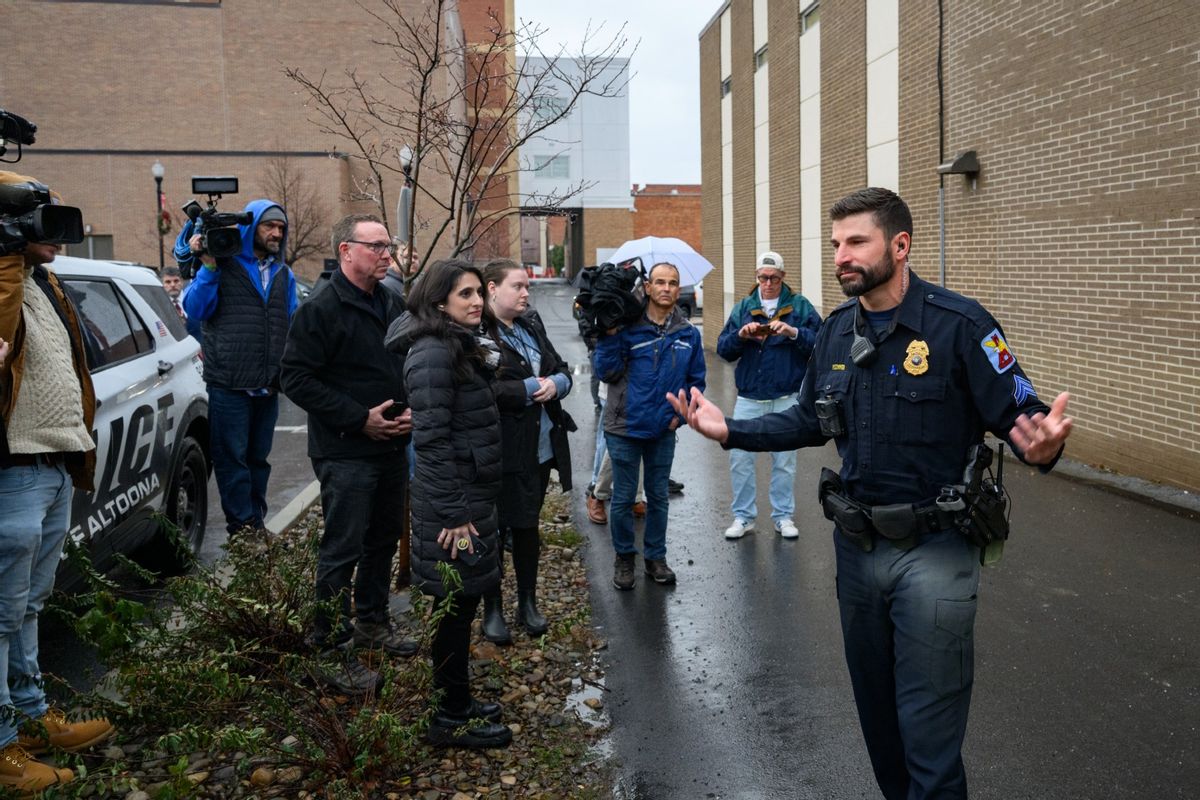Authors: Barbara Molina Valles, Ella Brubaker

“La lucha es personal. Nadie puede sentir lo que yo, o muchas de las madres sentimos cuando perdemos a uno”. The struggle is personal. No one can feel what I, or many mothers feel when they lose a child.
María de Jesús Molina, a powerful and resilient woman, told us during our recent interview. She was talking about the case of her daughter Atzin Molina, who she has not seen since 2019. Atzin was only 19 when she disappeared.
María first knew something was wrong when Atzin did not return home from a dance performance she was hired for on February 9th of 2019. She couldn’t have imagined that night would be the start of her ongoing search for her daughter.
“Me sentí desamparada por la ley”. I felt forsaken by the law. When María approached authorities in the Public Ministry, she did not receive support such as trained personnel to help with the case of her daughter. Instead, she encountered self-interest and a lack of resources.
The desperation María felt when she first experienced the reluctance and corruption of law officials initially created a suffocating sense of helplessness that only a mother searching for their children could feel. However, she transformed her feelings of anguish into a remarkable strength by starting her own investigation. “Me tuve que enfrentar a hacer mi propia investigación, a buscarla”. I had to face conducting my own investigation, to search for her myself. When she started receiving threats because of her investigation, María had to quit her job and move to a new area where her life would not be at risk.
LAWG invited María to share her story publicly at Empty Graves, Empty Promises (bit.ly/LAWGExhibition), a congressional event on the tenth anniversary of the 43 student disappearances in Ayotzinapa, Guerrero (bit.ly/3QBDiyc). LAWG organized this event to highlight the ongoing disappearance crisis in Mexico and the role the U.S. plays in supporting disappearance investigations. In its tenth year without resolution, Ayotzinapa is a somber reminder of the lack of justice and transparency (bit.ly/3Cz7zd4) towards cases of forced disappearance in the Mexican judicial system. Although former President Andrés Manuel López Obrador established a Commission for Truth and Access to Justice in the Ayotzinapa Case (COVAJ), progress stalled. Instead, he protected the military officials involved in the case, and discredited the searchers.
Unfortunately, María’s story is all too common. Over 117,000 (registered) people have now been reported disappeared or missing in Mexico since 1952 (bit.ly/4byFnD5). She is just one of the many women who have lost family members to the disappearance crisis and have not received support or justice from the Mexican government. Ongoing violence, propelled by criminal groups, has increased fear and made the search process increasingly more difficult and dangerous, especially for women.
There is a gendered aspect to the disappearance crisis in Mexico. It is the women who primarily lead the search for family members, often putting themselves in risky situations during their investigations. The more than 230 victims’ collectives (bit.ly/3UYUMXI) in Mexico are mainly made up of women known as buscadoras, who carry out advocacy work, forensic investigations, and ensure the continuity of legal proceedings for disappearance cases. These women search tirelessly through Mexico’s landscapes, looking for clandestine graves and the remains of their loved ones.
“Tiene que haber una explicación dónde está, ¿dónde quedó ese ser que yo crié durante 19 años”? There has to be an explanation of where she is. Where is my daughter that I nurtured for 19 years?

Many buscadoras are the matriarchs in their families, and like María, face threats (bit.ly/4hX0HpW) to their well-being and safety. During their searches, they are exposed to physical and sexual violence, impoverishment, and stigmatization, all which affect their physical and mental health. Since 2010, twenty-two buscadoras (bit.ly/3UYyCEX) have been victims of enforced disappearances. The deaths of buscadoras connect to a larger discussion on forced disappearances and femicides, the murder of a woman based solely on her gender. In 2022 alone, there were 976 cases of femicides in Mexico (bit.ly/3Zfmi5R).
Forced disappearances are violations of human rights that affect entire communities. It is the responsibility of the authorities to search for people who have been forcibly disappeared (bit.ly/4hX0HpW). States must also ensure that individuals and families can actively participate in the search and should provide protections without discrimination for personal investigations. By failing to take accountability for the investigations, the state is, in effect, an accomplice and a contributor to the ongoing disappearances. It is essential that the Sheinbaum administration take a different approach than the previous Mexican administrations regarding forced disappearances.
María’s case represents one story of many. Enforced disappearances will only continue if government action is not taken to help families find their loved ones and to address the root causes of the crisis.
LAWG is working with Congress to urge President Sheinbuam to prioritize a human rights agenda, including taking steps to resolve the Ayotzinapa case and grant families access to military records (bit.ly/4fzi2ne); prioritize the search for the missing and disappeared by strengthening the National Search Commission (CNB), the National Human Identification Center (CNIH) and the National Forensic Data Bank (BNDF); and work with and support the efforts of family members in their search efforts. LAWG also calls on Congress to support the ARMAS Act (bit.ly/4ez0PJn) to end the flow of guns from the U.S. to Mexico fueling disappearance and violence.
Vivas se las llevaron, vivas las queremos



















.png)

Discussion about this post